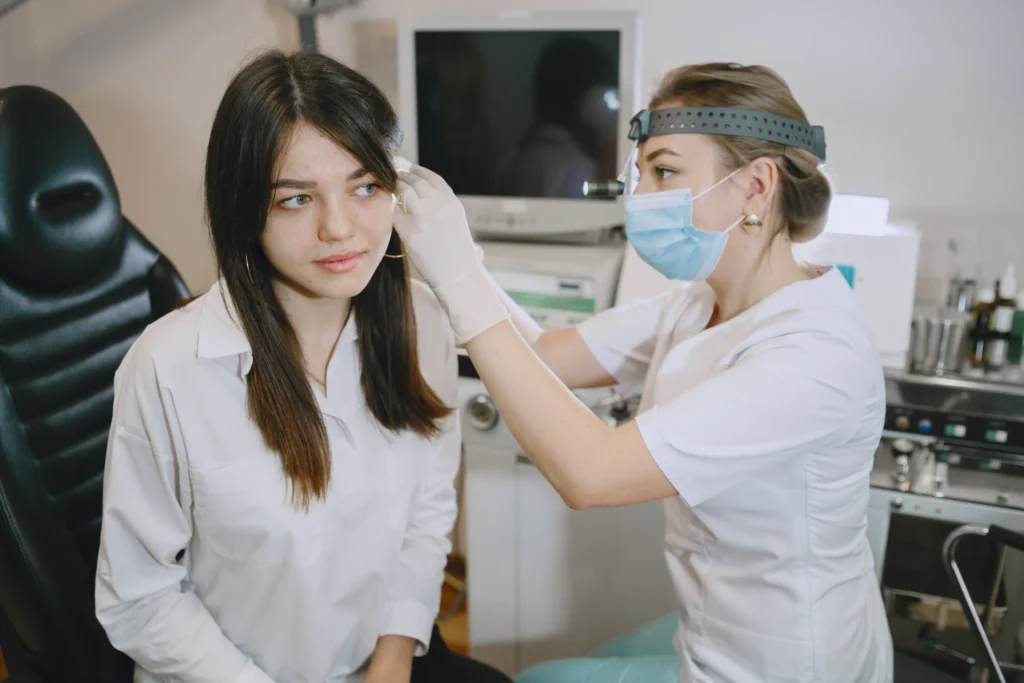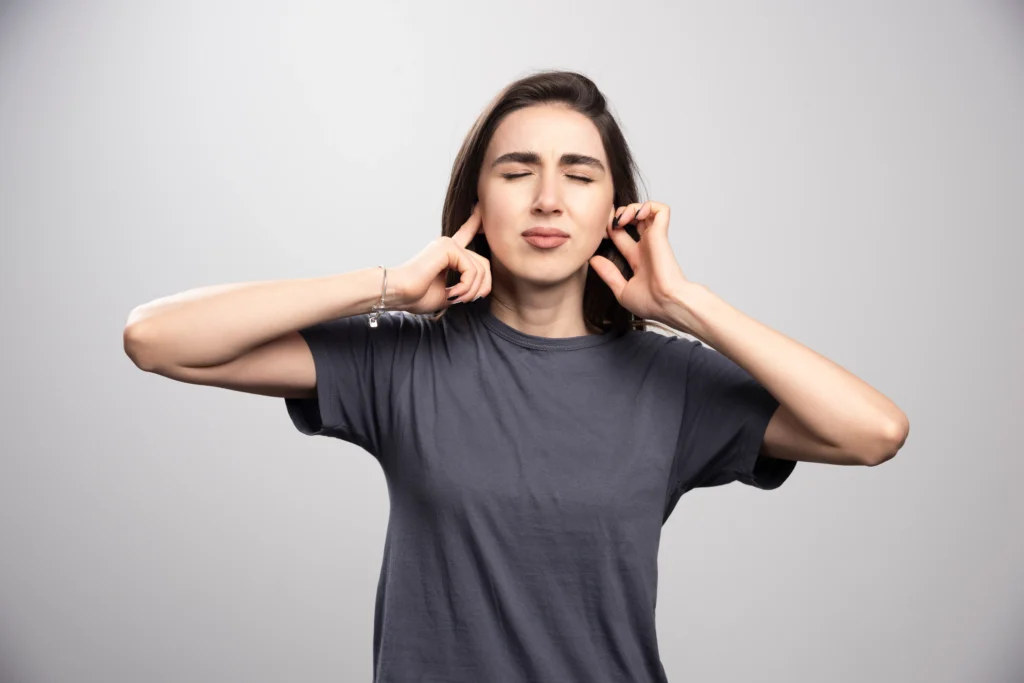If you have hearing loss, your hearing aids likely play a crucial role in your day-to-day activities. However, like all advanced technological devices, hearing aids can also suffer issues that require repairs. Depending on the severity of your issue, there may be some troubleshooting steps you can follow that will fix your hearing aid without much work. Let’s have look at the most common issues and which hearing aid repairs may be extensive enough to require an audiologist.
The hearing aid appears to be “dead”
One of the most common faults of the hearing aid not working is that the battery seems to be dead. If your hearing aid seems to have stopped working altogether, the first port of call would be to change the battery. Depending on the hearing aid, the battery may be particularly pesky to change. As many hearing aid models are very small these days, this means the batteries are even smaller. If the hearing aid has had the battery replaced but is still not working, this could be down to a problem with the receiver tube. As earwax can build up over time and congregate in the receiver tube, and you’re not as up-to-date in cleaning your device as you should, try the best you can to remove any blockage from the hearing aid and clean it properly. The vast majority of hearing aids come with a cleaning kit, so be sure to do this on a regular basis.
The volume isn’t loud enough
It’s in the name; the hearing aid should be loud enough so you don’t have to strain to understand anyone when they’re talking to you. But if you find that over time the hearing aid has become quieter, you should check to see if there are any blockages in the receiver tube due to earwax build-up. If so, using the hearing aid cleaning kit will help. On the other hand, if the sounds are loud enough despite regular cleaning, it might not be down to the hearing aid at all. The problem could actually be with your hearing abilities. If you are getting older, your hearing ability can decrease. If this is the case, it’s important to schedule an appointment with an audiologist to have your hearing retested as soon as possible, just to rule it out. If they discover that your hearing has deteriorated, they could recommend a new hearing aid or make adjustments to your current one.
The hearing aid varies in sound performance quality
The battery can be the culprit if the sound quality of the hearing aid appears to be up one day and down the next. If your hearing seems to be normal one day, and significantly worse the next this is likely due to the battery nearing the end of its life. Replacing the hearing aid battery should get rid of this issue. On the other hand, you may find that the volume is turned all the way down, especially if you have manual control, or it’s been switched to a different program. It is always worth checking these as well.
It sounds unclear or distorted
Having a hearing aid means that you shouldn’t have to strain to hear people properly. If common everyday noises start to sound distorted or unclear, and you’ve cleaned the receiver tube, it could very well be that the battery has given up the ghost. It might not be that the battery has died in the natural sense, but there could be another issue with the battery, such as the metal prongs that connect with the battery have been corroded. Replace the battery, and you should find that the sound quality comes back.
When it’s not repairable
We have our hearing aids on us all day, every day. It’s only natural that they can be subject to damage. We can try to make the basic fixes ourselves, but if the hearing aid has been damaged beyond repair, it may require the help of your audiologist. Your audiologist will evaluate your device and let you know if repairs can be made in office, by the manufacturer or if a new hearing aid is needed. This also gives you the opportunity to discuss the latest technology and features that can benefit your life, especially if you’ve had the same hearing aid for years.
As hearing aid technology has improved so much in recent years, there’s no need to be left behind. You can try to fix the problem yourself, but if you’ve got any issues with your hearing aids, you can contact Adirondack Audiology at +1 (802) 922-9545.









